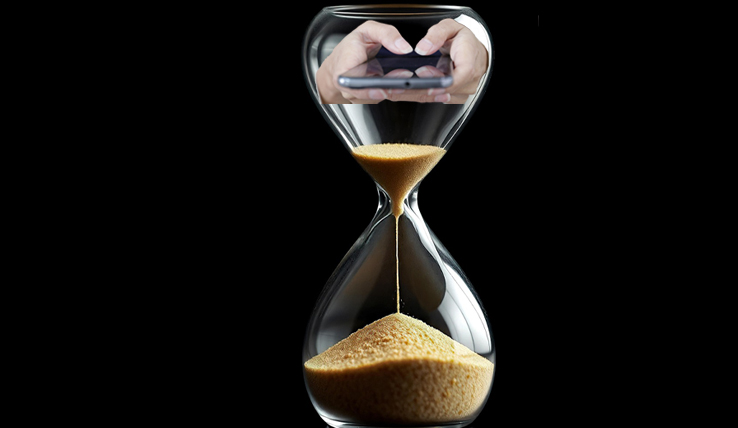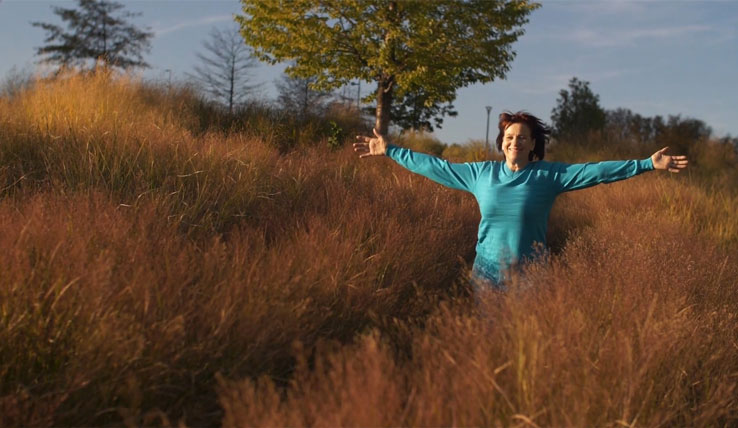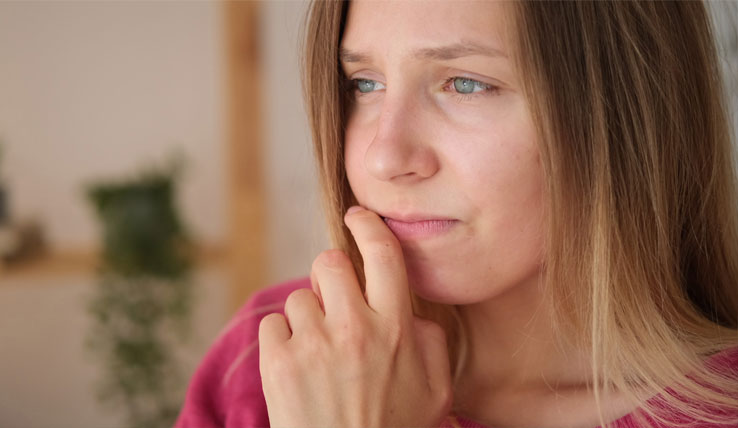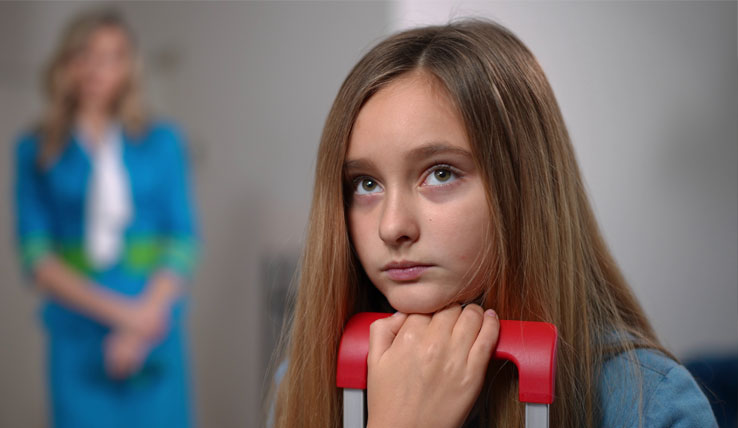
Understanding the Principle of "Don’t Judge"
For a long time, I struggled with the idea of “don’t judge. ”How can we live by this principle and still hold onto our values about what’s right and wrong? Are we supposed to stay neutral about things that seem blatantly evil or wrong? Should we just observe and not care? What does "judge not" really mean?
If you’ve ever felt confused about judging others or making judgments, you’re not alone. Today, I’ll break it down so you can clearly understand what to judge, what not to judge, and how to make sense of the biblical principle of "judge not."
Let’s start with a real-world example. This real-world example highlights the importance of judging actions, not people.
The Story of the Horse Vet
Recently, a local horse veterinarian was caught on video kicking a horse in the head—a viral example of judgment in action. The video went viral, gaining thousands of views within hours. The online reactions fell into three distinct categories: the Condemners, the Justifiers, and a third, smaller group that offered a different perspective.
Let’s unpack these reactions.
Group 1: The Condemners
Condemnation often stems from a desire to feel morally superior or to protect one’s self-image. Here’s why people condemn others:
- Mob Mentality: Jumping on the bandwagon to fit in with the crowd.
- Moral Superiority: Pointing fingers to avoid admitting, "I’ve made similar mistakes." This avoids the discomfort of self-reflection.
- Boosting Self-Worth: Blaming others makes people feel temporarily better about themselves.
- Deflection: Condemnation shifts attention away from their own flaws or insecurities.
Even in biblical times, this behavior existed. When a group was ready to stone a woman caught in adultery, Jesus said, "He who hath not sinned, cast the first stone." His message was clear: stop condemning others and take a look at yourself.
Long-Term Consequences of Condemnation
- Short-Term Relief, Long-Term Loss: Condemnation offers temporary validation but no lasting improvement in self-esteem.
- Potential Harm to the Condemned: In this case, the horse vet might have been driven to despair or even suicide.
- No Positive Outcome: Condemnation rarely leads to justice, healing, or growth.
Group 2: The Justifiers
Justifiers rationalize bad behavior to ease their discomfort or protect their self-image. They often justify actions for reasons like:
- Fear of Rejection: Worrying what others might think if they’re perceived as supporting the offender.
- Self-Comfort: If they’ve done similar things, justifying others’ behavior helps them feel better about themselves.
- Personal Connections: When the offender is someone they care about, it’s easier to justify than to confront.
For example, when Jesus addressed the adulteress, He didn’t justify her actions. He said, “Go your way and sin no more.” He didn’t say her actions were okay—He said she was okay.
Consequences of Justification:
- No Justice: Excusing bad behavior undermines accountability.
- Confused Values: Justification blurs the line between right and wrong.
- Hindered Growth: The offender isn’t held responsible and loses the chance to improve.
A Question to Reflect On:
Who hasn’t acted out of emotion and done something they regret? Every one of us has. Your children will, too. What matters is how we respond to those moments.
Why We Should Judge Actions, Not People
The smallest group in the vet’s story responded with compassion. They said things like, “Come home to your family if you’re still alive. We love you. Things will be okay.” These responses separate actions from people, offering unconditional love without excusing wrong doing.
This is the key to understanding judgment: judge actions, not people.
Why This Matters:
One of life’s greatest challenges is learning to unconditionally love ourselves. Only then can we extend that love to others, even those we don’t like or agree with. Making the world a better place starts with understanding the importance of self-forgiveness and love.
The Consequences of Unconditional Love for Ourselves:
- Clarity: We can separate actions from people more easily.
- Less Condemnation: The urge to judge harshly diminishes.
- Greater Capacity for Forgiveness: We can love others without excusing their behavior.
- Reduced Shame: We help others move past their shame, too.
- Collective Improvement: People and relationships grow stronger.
- A Better World: Acts of forgiveness and love ripple outward.
Final Thoughts
The principle of "don’t judge" isn’t about ignoring wrongdoing. It’s about approaching life with clarity, compassion, and accountability. Judge actions for what they are, but love people for who they are. The path to a better world starts with each of us making that decision.


I'm Shane Jacob, Head Coach at The Stable Living Coaching.
Each week I release a free video message with tips on creating and maintaining healthy parent/child relationships. I call my weekly video - "You Are Destined For Greatness" because I have full faith that you my friend, were born to be extraordinary!
So sign up, kick back, and get ready to wrangle some wisdom!
Sign up for
You Are Destined For Greatness here
The Country Code for Stable Parenting:
Print it. Frame it. Live It. Love It.
Live by the Country Code. It’s time to Thrive!








